Despite having nearly 200 member nations, only 19% are represented by women. Among that 19%, are 6 incredibly accomplished and influential UN Ambassadors who are representing Muslim-majority countries. Some of these women are the first woman to be representing their nation in the UN, others not only represent their nation at the General Assembly but hold leadership positions on other UN councils. But even before being appointed permanent representatives, these women demonstrated exemplary leadership in politics and public service and often continue to do so long after their appointments end. Without further ado, here’s 6 powerhouse women from the Muslim world shaking things up in the UN.
Sima Sami Bahous, Jordan
To list all her accomplishments and prior to her appointment as the UN Ambassador to Jordan in August 2016, is a daunting task. Her influence in humanitarian organizations, both national and international, spans three decades. At the UN, she was Assistant Administrator of the UNDP, Director of the UNDP Regional Bureau for Arab States, Assistant Secretary-General of the UN, development advisor for WHO in Yemen, and Head of Communications for UNICEF in Jordan. Between these roles at the UN, she was Executive Director of the King Hussein and Noor Al Hussein Foundations and head of media and information at the Royal Hashemite Court and advisor to King Abdullah. But even with all these accolades, Bahous does not live up in some ivory tower where she only communicates with ambassadors and royals. To get to know her beyond these credentials, all you have to do is search up some of her articles, the most recent of which is “Water More Important than Oil for the Future of the Arab World”.
Mirgul Moldoisaeva, Kyrgyzstan
Despite the years spent as Desk Officer for foreign policy of the Kyrgyz Republic and in positions in the Government Office, President’s Office, and National Agency on Development—not to mention her appointment as UN Ambassador to Kyrgyzstan in February 2016—this powerhouse woman does not have a Wikipedia page. Kyrgyzstan is a young country with a long history, and Moldoisaeva was a part of creating that policies that improved the lives of the 5.7 million people she now represents in the UN. Someone get this woman a Wikipage.
Aksoltan Toreevna Ataeva, Turkmenistan
After Ataeva (also written Atayewa) graduated from medical school, she held the positions of Deputy Minister of Public Health, Minister of Public Health, Minister of Social Security and President of the Trade Unions of Turkmenistan. In 1993, she became a member of the People’s Council, the highest representative body in Turkmenistan, and then her diplomatic work went international in February 1995 with her appointment to the UN. But her diplomatic work certainly doesn’t end with her appointment to the UN, and since then she’s been appointment Ambassador of Turkmenistan to Cuba, Brazil, and, currently, Venezuela. All this before her 73rd birthday.
Maleeha Lodhi, Pakistan
In 1994, Time magazine named Lodhi one of a hundred people in the world who will help to shape the 21st century, and they couldn’t have made a better call. After getting her PhD in political science in 1980, she soon went on to become the editor of The Muslim, thus becoming the first female editor of a daily national newspaper in Asia. Then, she founded her own newspaper, The News International, and ran it until PM Bhutto (the first female leader of a democratic Muslim-majority nation) appointed her as the envoy to the US. She’s been a member of the United Nations Secretary General’s Advisory Board on Disarmament, Pakistan’s High Commissioner to the United Kingdom, and, in February 2015, Lodhi became the first woman to represent Pakistan in the UN, one in a long list of amazing accomplishments.
Lana Zaki Nusseibeh, UAE
Prior to her appointment to the UN in September 2013, she’d been a consultant for UNESCO, an analyst for the Gulf Research Center, Head of the International Renewable Energy Agency, Director of Research and Communications for the Ministry of State for Federal National Council Affairs, Director of the Ministry’s Policy Planning Department, and Special Envoy to Afghanistan and Pakistan. This year, in January, she became to President of UN Women, an entity within the UN dedicated to furthering female empowerment. Moreover, on September 12th, she will be one of the Vice Presidents for the upcoming general assembly and represent the Asia-Pacific group member nations.
Alya bint Ahmed Al Thani, Qatar
She’s served as the Director of the Division of the Rights of the Child in Qatar’s Super Council for Family Affairs, Senior Special of the Supreme Council’s Department of International Relations, Qatar’s Deputy Permanent Representative to the UN, and Qatar’s Ambassador to the UN and Cabinet of the Ministry for Foreign Affairs before becoming the Permanent Representative of Qatar to the UN in October 2013. In an interview with “al-Monitor”, she stated that Sheikha Mozah, the first lady of Qatar, a woman who broke barriers, was her role model. Empowering women is one of her top priorities, but the accomplishment she is most proud of is raising autism awareness, a cause near and dear to her heart.


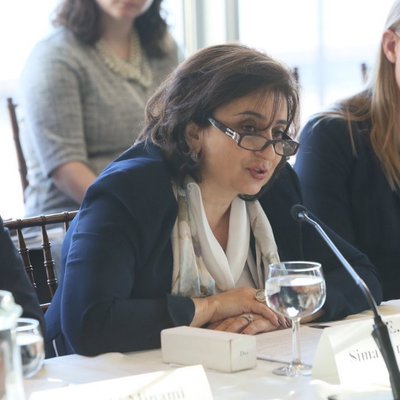
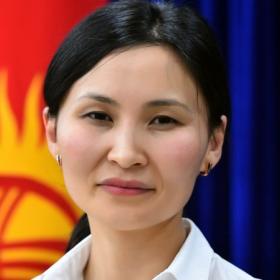
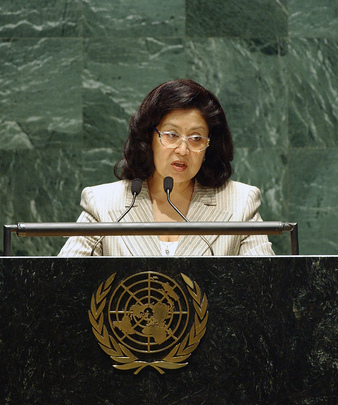
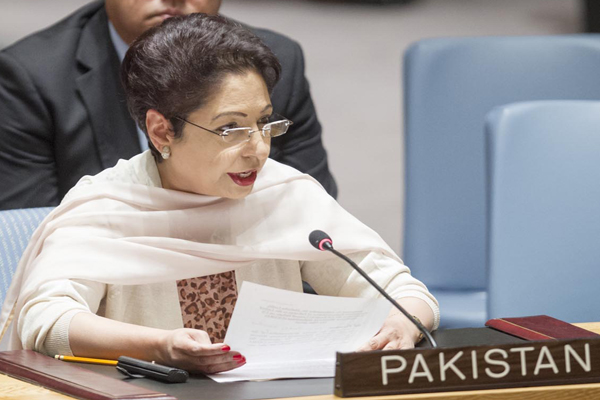
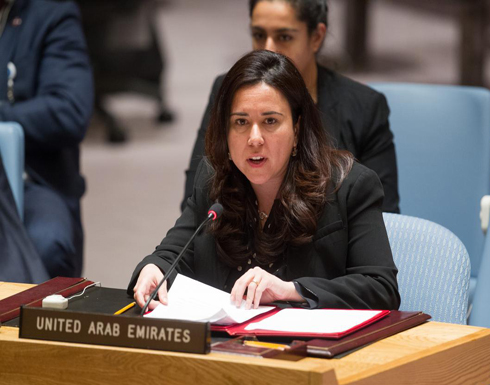





























These women are phenomenal. They are truly trailblazers!
Is the UN relevant anymore?
Anyways, kudos to these ladies!!!